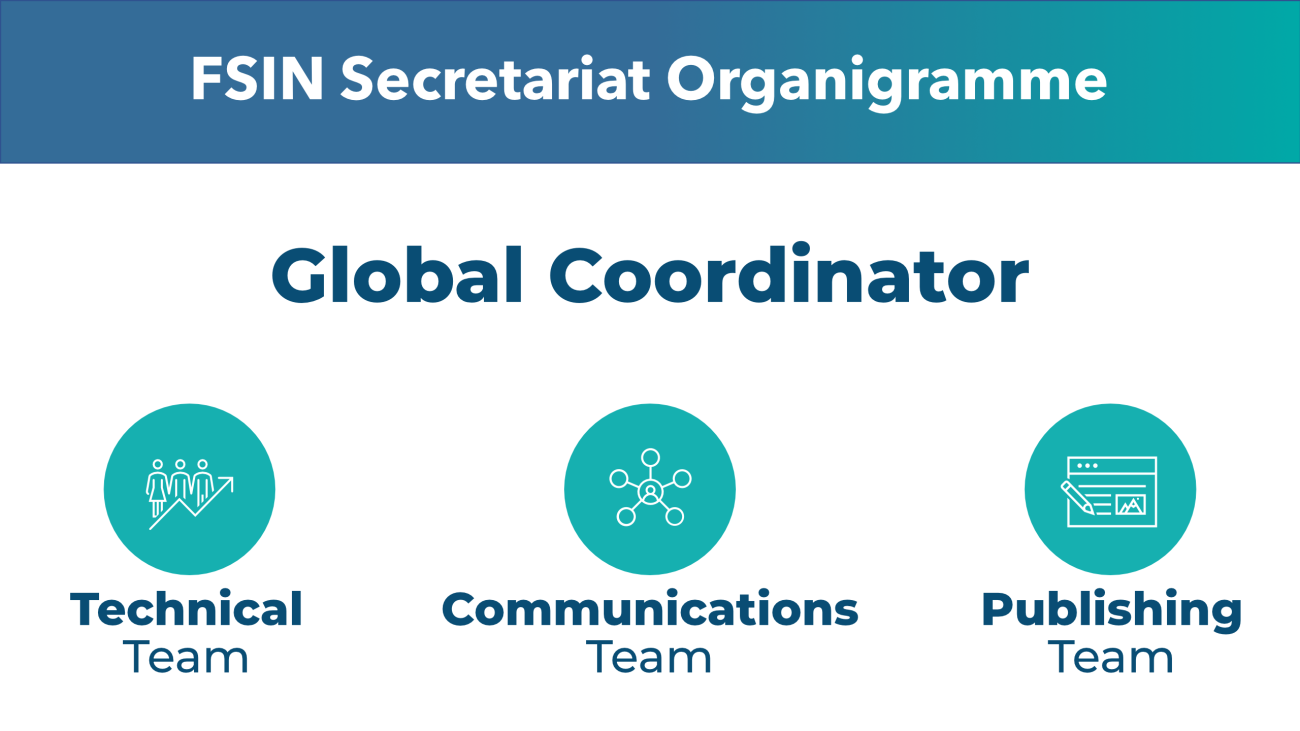Millions of people around the world still suffer from hunger and are unable to lead healthy and productive lives. Humanitarian assistance becomes a lifeline for many, as they struggle to meet their daily food requirements. The drivers of hunger, including conflicts, weather extremes, and economic shocks, not only undermine people's livelihoods but also hinder the long-term development of peoples and nations.
Effective policies, projects and programmes can reverse these trends, and data is at the core. When decision-makers, leaders and governments have timely, accurate and reliable food security and nutrition information, they can better shape policies and programmes aimed at tackling acute food insecurity and malnutrition.
Data cannot feed people, but it can positively impact food security and nutritional outlook for generations to come.
The Food Security Information Network is a technical global platform for the exchange of expertise, knowledge and best practises on food security and nutrition analysis. Its purpose is to promote timely, independent and consensus-based information while also highlighting and addressing critical data and information gaps.
The result of a consultative process between government institutions and development partners interested in a new vision for country-led food security information systems, FSIN continues providing support at country and regional level. Demand-driven and flexible, it remains adaptable to changing contexts and evolving needs.
Today, FSIN’s work spans the effort of 16 global and regional partners committed to improving availability and quality of food security and nutrition analysis for better decision-making.
Funded by the European Union, FSIN is supported and guided by a Steering Committee, and operates through a Secretariat.
Committee
The Steering Committee consists of senior representatives from the Food and Agriculture Organization (FAO), the World Food Programme (WFP) the International Food Policy Research Institute (IFPRI), the Integrated Food Security Phase Classification (IPC), the Famine Early Warning Systems Network (FEWS NET), and the European Commission's Joint Research Centre (JRC).
It provides strategic guidance and approval of the FSIN workplan.
The FSIN Secretariat, hosted by WFP, is a neutral and independent convener of data, which provides consensus-based and rigorous information and collaborate to generate and promote evidence-based analysis. Its activities are transparent, systematic, and consultative and lead to neutral, independent, and technically rigorous outputs.
